Mary and Flora MacKillop
May 9, 2021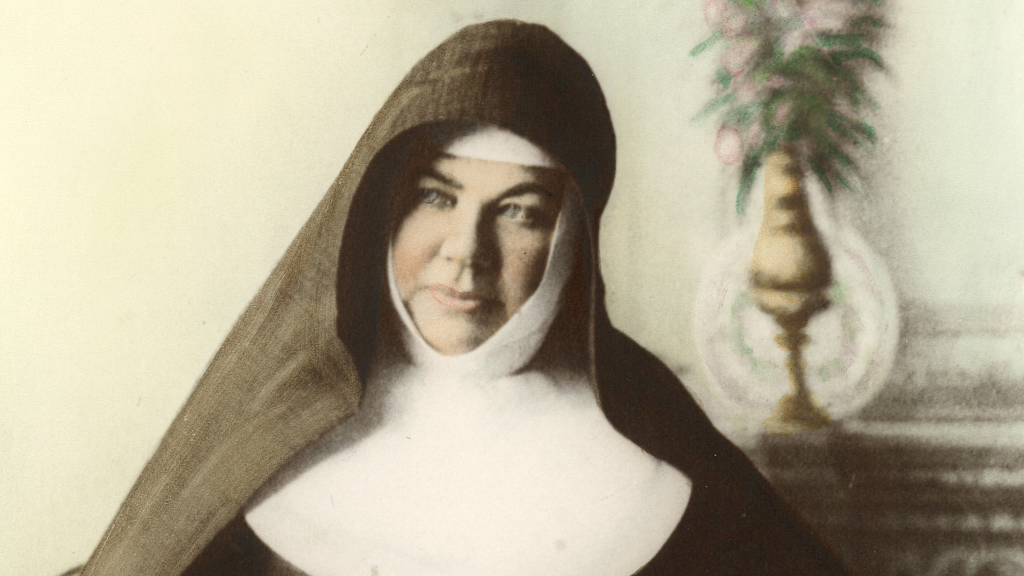
A mother’s love is epitomized by sacrifice, self-giving, nurturing, shaping and supporting.
Mothers rejoice in the creation of a child and enjoy the happiness of family life.
Flora MacKillop was an exceptional mother to her children, despite shouldering many of the burdens of the family alone.
The Two Mothers of Julian Tenison Woods
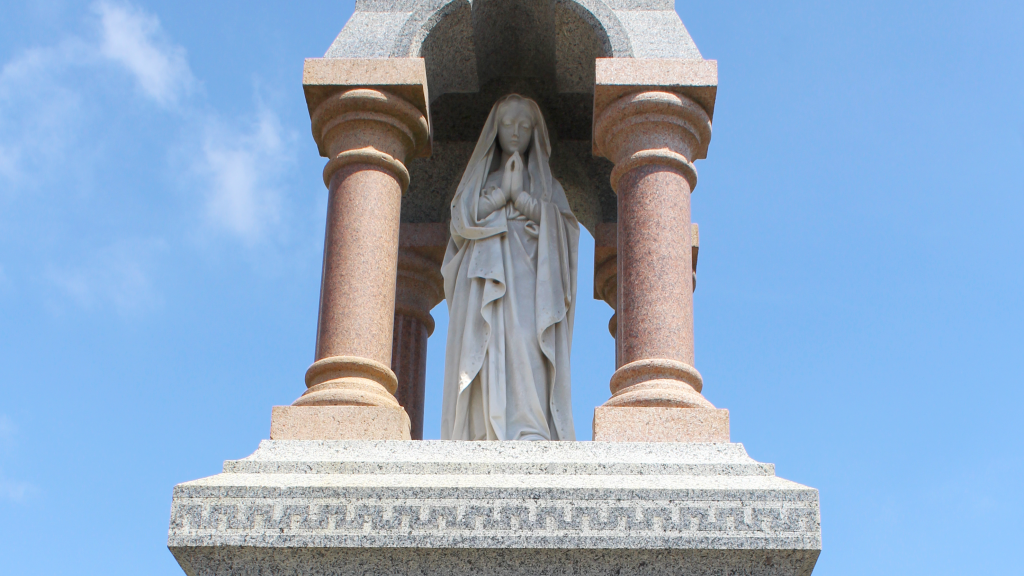
Julian Tenison Woods had a dream at age six of a heavenly mother. At age 15 he suffered the death of his earthly mother.
These two mothers held a special place in Julian’s life: Mary, whom he described as “my darling, sweet mother”, and Henrietta Marie St Eloy Tenison, his quiet, gentle and kindly mother whose life ended at age 46, in 1847.
The death of his mother was a profound loss for Julian.
ethica and Fair Trade
May 8, 2021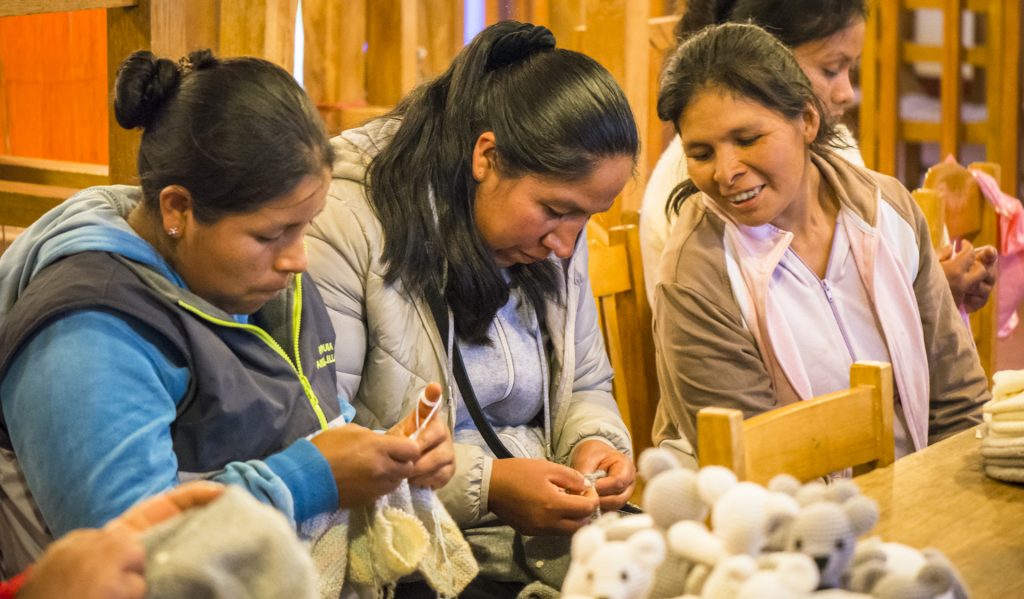
Want to join us in making a fairer world?
Unfair vs fair: Buying ethica fair trade products is just the beginning. Trade is about long-term relationships, between producers and consumers and between countries and regions. For us to truly achieve fair trade, we must see the world in a different way, as a world where everybody should have the same opportunities and rights, a world of fairness for all.
150 Days for Refugees: Josephite Justice Network Launches New Campaign
May 4, 2021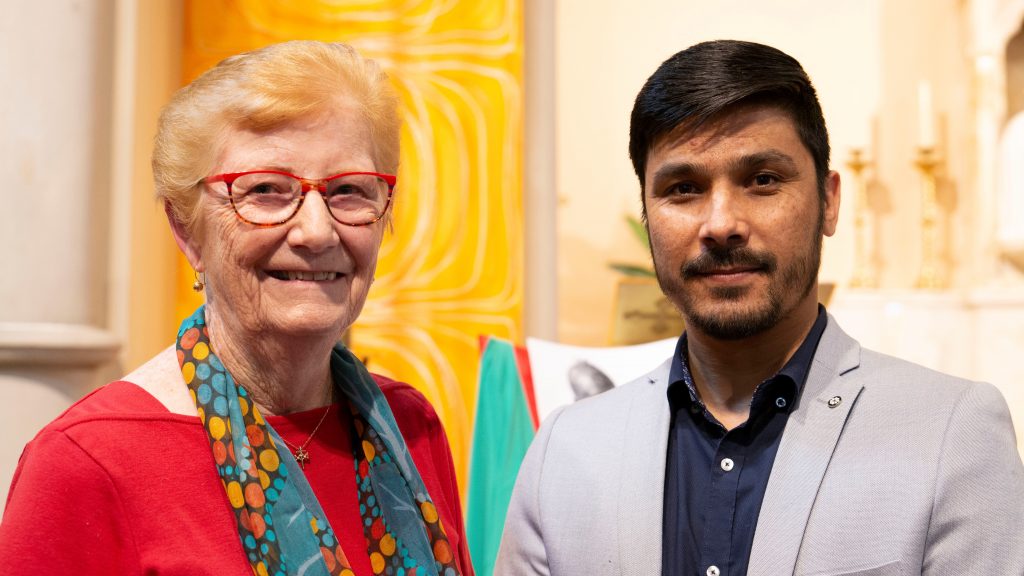
Refugee advocates and members of the Josephite Justice Network launched a new campaign, 150 Days of Action for Refugees, on 1 May for the Feast of St Joseph the Worker.
The campaign is a response to Pope Francis’ declaration of 2021 as the Year of St Joseph, who was himself a refugee in Egypt and is “the special patron of all those forced to leave their native lands because of war, hatred, persecution and poverty.”
St Joseph: An Encounter
May 1, 2021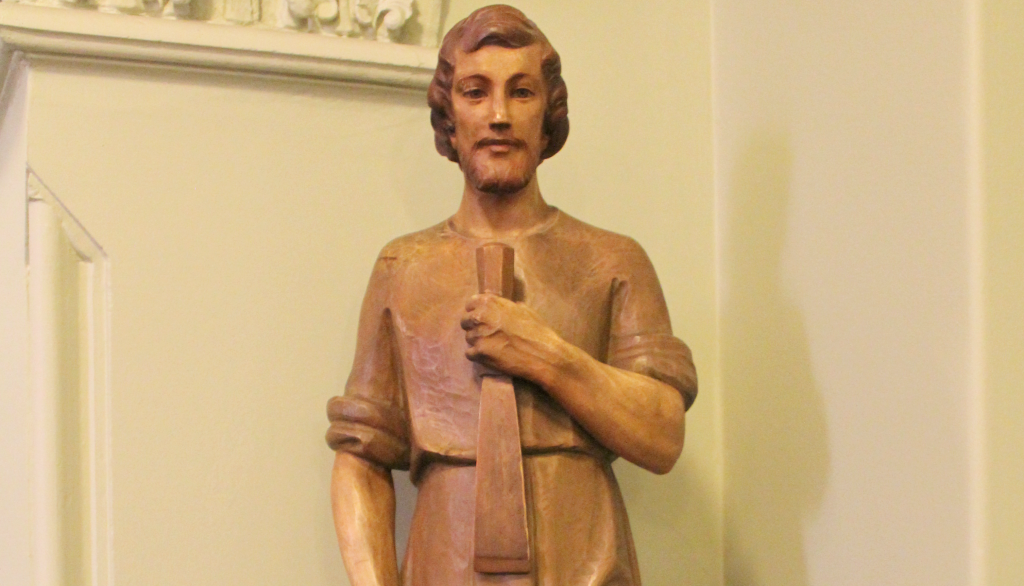
An encounter is an unexpected meeting. Thus there is always a surprise element in an encounter. Sometimes hearing the same story over and over we can miss the element of surprise and take for granted that there is nothing new in what we are hearing.
When we listen to the Scripture passages referring to St Joseph does this happen?
ANZAC Day 2021
April 25, 2021
My great grandfather Duncan was an ANZAC, served as a Sergeant-Major, and survived both World Wars. My aunty Sally fought leukemia and unfortunately did not survive, dying on ANZAC Day in 2002.
On ANZAC Day I remember them both. When they went to fight their own wars they were in their twenties – like me.
Flora – A Woman of Faith
April 17, 2021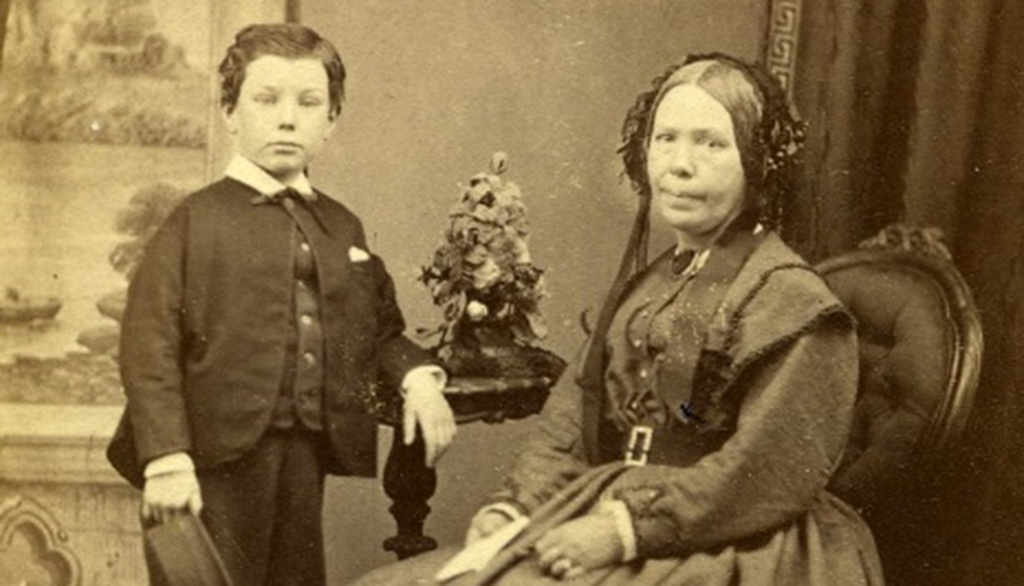
Their voyage was marred by tragedy, for Alexander aged 28 years, fell overboard during a fit of delirium brought on by an attack of typhoid fever. They eventually arrived in Melbourne in April 1840; however the sorrowing family had to spend two months in quarantine.
Reflection on Mary MacKillop
April 8, 2021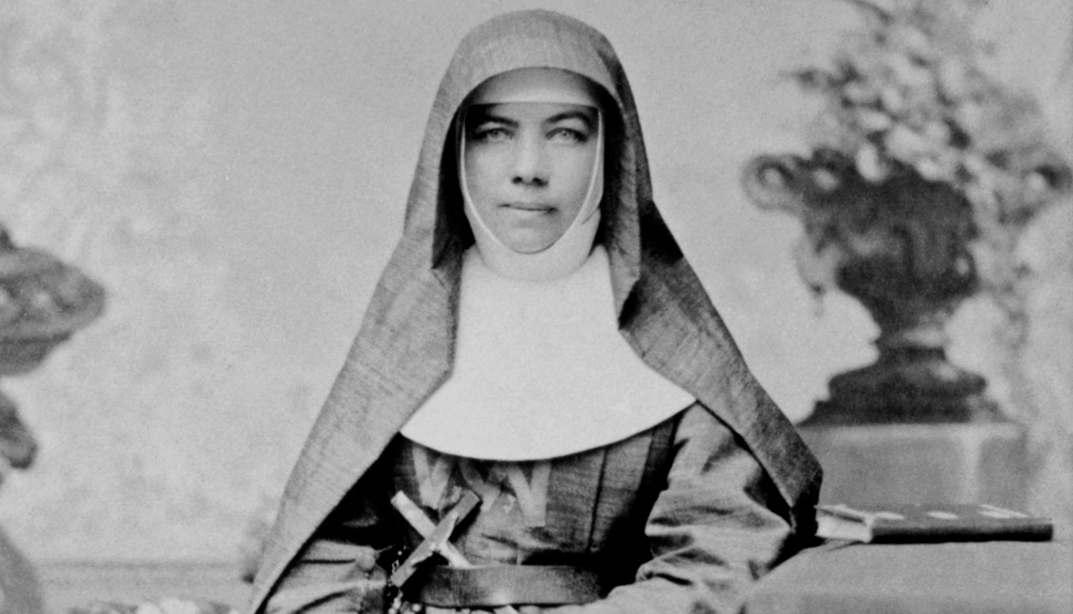
Strong women are rising up and making their voices heard in the workplace, in society and in the home.
The Australian of the Year, Grace Tame at a recent march for justice, implored women to be united in stamping out patriarchy. She boldly reminded us that allowing to let fear stop us from doing anything enables evil to thrive in silence.
